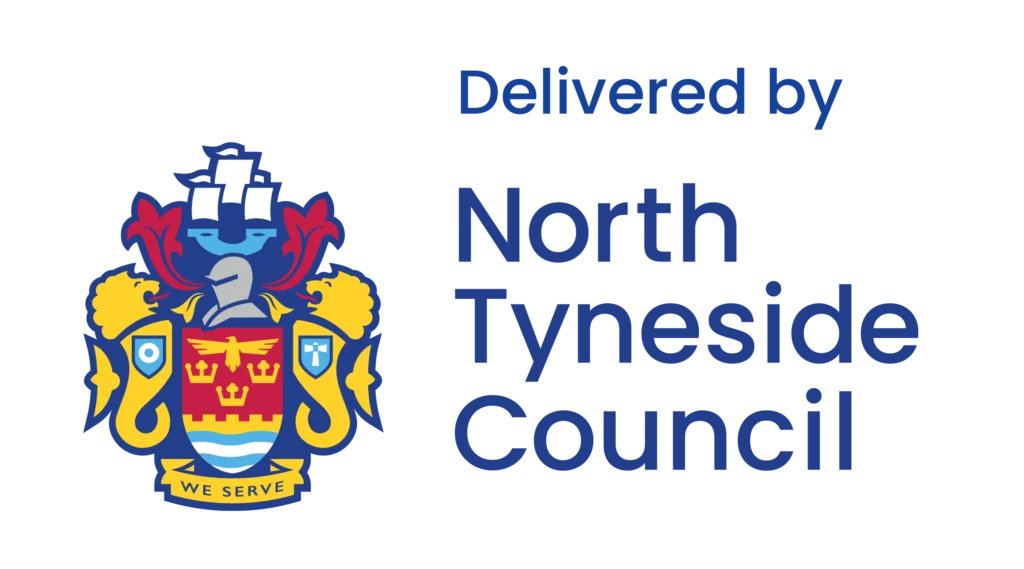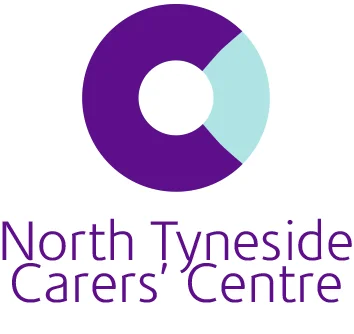Qualifications in Social Care
When you start in your first job, you should get a good induction that tells you everything you need to know, if you’re new to care, you’ll complete the Care Certificate; this is a set of standards that outline everything you need to know to work in social care. You should also receive regular supervision and do training and development.
Working towards a qualification is one way you can equip yourself with practical skills and important knowledge about care giving.
Find out more information on social care qualifications with the Skills for Care careers tool, the tool highlights the range of job opportunities within the care sector and how you can get into and progress a career in care.
Development Opportunities
Social Care: Levels 1-3
Tyne Metropolitan College are offering a range of Health & Social Care courses to develop knowledge on topics including physiological disorders, anatomy and physiology, dementia care, and lots more. You’ll also engage in various placements across different career paths, providing you with practical experience and helping you advance in this rewarding career.
T Level in Healthcare
The T-Level technical qualification in health aims to equip students with the knowledge and skills necessary for skilled employment, advanced technical training, or university studies. This two-year program blends classroom learning with real-world work experience, providing students with a solid foundation for further education or direct entry into the workforce.
Maths & English (Adults)
These qualifications lead to further development in flexible functional skills in English and Maths, where you will acquire essential skills for work and life that are more crucial than ever. Discover a range of maths and English courses tailored for adults, designed to boost your skills and open new opportunities.
English for Speakers of other Languages
If you don’t have a Level 2 qualification or a GCSE grade 4 (grade C) in English or Maths, you can work towards a Functional Skills qualification at a level appropriate for you. Anyone needing help with speaking, listening to, reading or writing English can join a class at their level and work towards ESOL qualifications.
Skills for Work
Skills for work courses support those with special educational needs and disabilities (SEND) and Adults with Learning Difficulties and disabilities (ALDD) to enhance your potential, Ignite your potential, Explore your potential and Release your potential, all tailored to help build skills and progress to new opportunities.
Apprenticeships
National Apprenticeship Week 2024
National Apprenticeship Week (NAW) takes place between 5 to 11 February 2024 celebrating the achievements of apprentices both locally and around the country and highlighting the positive impact they make to communities, businesses, and the wider economy.
Become an Apprentice
Find out how to become an apprentice, what apprenticeships are available, which employers offer them and information about starting your apprenticeship. As an apprentice, you’ll combine real work with training and study.
Opportunities for Employers
Apprenticeships
Tyne Metropolitan College are offering a cost-effective strategy with significant business impact to bring on an apprentice as part of your team. They will train and work alongside you while studying at college to gain practical skills, knowledge, and a nationally recognised qualification.
T Levels
Tyne Metropolitan College are offering access to bright, emerging talent through a new government programme called ‘T Levels’. A two-year placement designed to help 16-18-year-old students gain their level 3 qualification by developing skills and knowledge in your industry.
Hire an Apprentice
From an employer’s viewpoint apprenticeships are a highly effective way to recruit and train people on the job and retain staff. By employing apprentices, you are not only helping individuals develop a career, but you are also benefiting by investing in the business’s long-term future.





